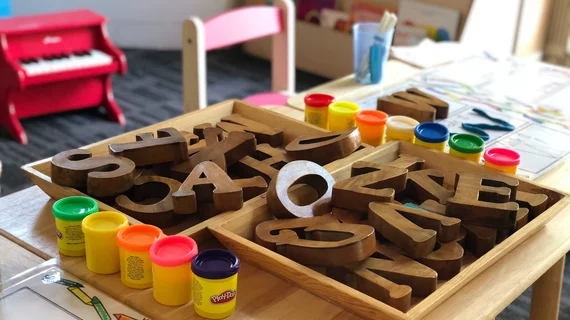Locking down childcare over COVID-19 in a state whose programs serve more than half a million children a day would force 75% of families to work less and 59% to quit a job outright, according to a study conducted at Case Western Reserve University.
The concomitant income loss would be especially unfortunate since less than 1% of all COVID cases in Case Western’s state, Ohio, have involved childcare workers and the children they care for.
The study’s authors based their projections on data collected from March through mid-November.
They note that COVID-positive rates began topping the 5% mark in October, suggesting the risk of community transmission may be too high for business as usual during the present surge.
For the study, population health expert Darcy Freedman, PhD, MPH and colleagues used data from all of Ohio’s 88 counties.
They also drilled down into 10 counties that host two-thirds of all licensed childcare programs in Ohio, conducting interviews, focus groups and surveys.
The team’s primary conclusion: Childcare programs can be safe for all involved as long as community transmission remains below 5%.
Freedman and co-authors note that childcare programs in their state may have been among the best-prepared sectors thanks to existing standards on health and safety.
Other findings of interest beyond the Buckeye State:
- Compliance with COVID-19 mitigation strategies is keeping childcare workers and children safe.
- COVID-19 cases in childcare are higher among staff than children.
- Community transmission of COVID-19 influences transmission risk within childcare settings.
- Childcare workers provide critical infrastructure for [the] economy.
- Additional support is needed for elementary-aged children doing remote learning in childcare.
“We all have seen reports from across the country of vast numbers of parents—mostly women—dropping out of the workforce during the pandemic to care for their children as schools and childcare facilities closed,” Freedman says in a press release. “How to reopen and stay open safely is important to tens of thousands of families across the state and hundreds of thousands of families across the country.”
Detailed study synopsis here.

